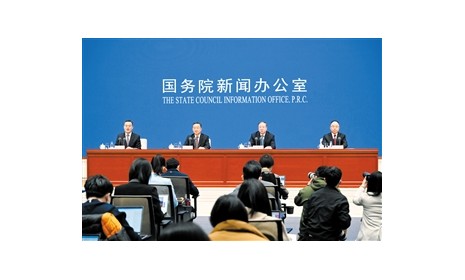2024年5月17日,据欧盟食品安全局(EFSA)消息,应欧盟委员会要求,欧盟动物饲料添加剂和产品(FEEDAP)研究小组就桉树酊(eucalyptus tincture)作为所有动物饲料添加剂的安全性和有效性发表科学意见。
经过评估,专家小组认为在建议的使用条件下该添加剂对目标物种和环境是安全的。由于蓝桉叶及其制剂被认为可以给食物调味,并且它们在饲料中的功能与在食物中的功能基本相同,因此无需进一步证明其功效。部分原文报道如下:
Following a request from the European Commission, EFSA was asked to deliver a scientific opinion on the safety and efficacy of a tincture from the leaves of Eucalyptus globulus Labill. (eucalyptus tincture) when used as a sensory additive for all animal species. The product is a ■■■■■ solution, with a dry matter content of ~?1.86%, which contains on average 0.454% phenolic acids and flavonoids (of which 0.280% was gallic acid), 0.0030% 1,8-cineole and 0.00012% methyleugenol. In the absence of analytical data on the occurrence of mono- or diformylated adducts of acylphloroglucinols with terpenes in the tincture and in the absence of toxicity data, the Panel on Additives and Products or Substances used in Animal Feed (FEEDAP) could not conclude on the use of eucalyptus tincture for long-living and reproductive animals. For short-living animals (species for fattening), the additive was considered of no concern at 4 mg/kg complete feed for chickens for fattening, 5 mg/kg for turkeys for fattening, 6 mg/kg for piglets and rabbits for meat production, 7 mg/kg for pigs for fattening, 16 mg/kg for veal calves (milk replacer), 14 mg/kg for cattle for fattening, sheep/goats and horses for fattening, and 15 mg/kg for salmonids. These levels were extrapolated to physiologically related minor species. No safety concern would arise for the consumer from the use of eucalyptus tincture up to the levels in feed considered of no concern. Eucalyptus tincture should be considered as irritant to skin and eyes, and as a dermal and respiratory sensitiser. The use of eucalyptus tincture as a flavour in animal feed was not expected to pose a risk for the environment. Since the leaves of E. globulus and their preparations were recognised to flavour food and their function in feed would be essentially the same, no demonstration of efficacy was considered necessary.















